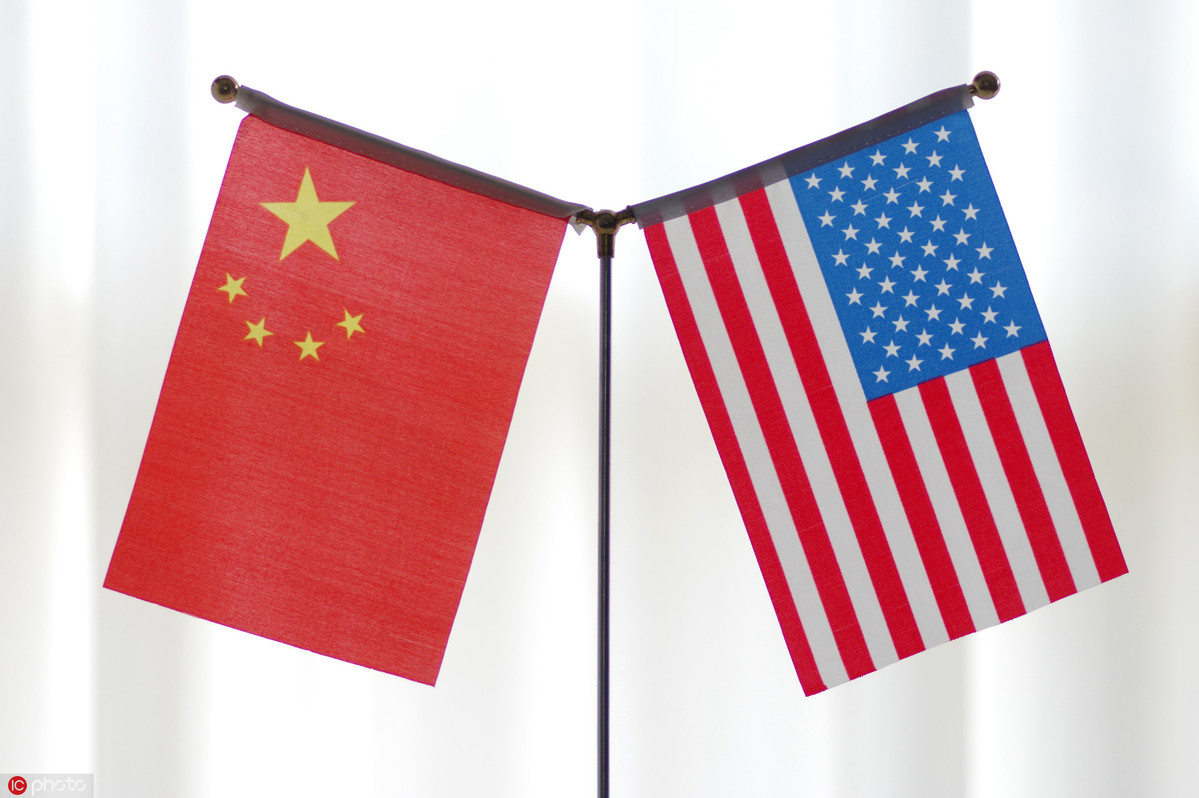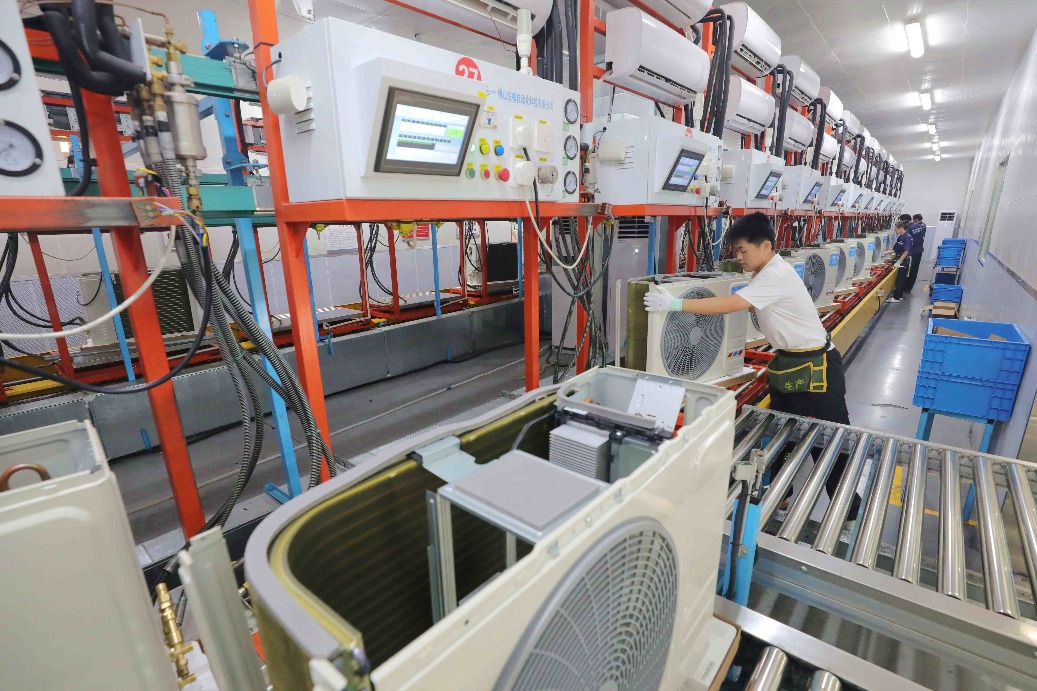US decoupling benefits none, expert says


Beijing, Washington should ease trade conflict, build trust, symposium told
The United States and China should focus on their common causes instead of the "decoupling" envisioned by some pessimists, according to speakers at an international conference in Singapore.
The two countries must also ease their simmering trade conflict and cooperate to avoid a possible financial crisis and jointly build trust and collaboration, they said at the symposium, which opened on Wednesday.
The US is seen as having "attacked China in areas such as trade, science and technology and people-to-people exchanges", but both countries need to understand that their development complements and reinforces the other, said Zeng Peiyan, chairman of the China Center for International Economic Exchanges.
The center is hosting the two-day symposium jointly with the National University of Singapore's Lee Kuan Yew School of Public Policy and the Brookings Institution of the US.
Zeng said the idea of the US decoupling from China goes against the laws of economics, international rules and fair order.
Decoupling will benefit no one from a macroeconomic perspective, he said. It is evident that decoupling will severely damage the interests of businesses and consumers.
In trade, decoupling will lead to a man-made breakdown of the global value chain. As globalization expands, trade and investment are intertwined with massive cross-border flows of goods, services and production with a closely linked and inseparable global supply chain, industrial chain and value chain.
China and the US both hold important positions in the three global chains. If one forcefully gets out of the system, that will hurt the other as well as itself. For instance, as the US cuts off the supply of chips to Huawei, it also hurts its own companies.
He said the idea of pushing for decoupling China and the US and attempting to build an independent and exclusive industrial system has overlooked the complexity of the linkage of the three global chains.
Moreover, from the perspective of scientific advancement, decoupling does not comply with the trends and features of the digital economy era, said Zeng, who also served as a vice-premier.
Development and innovation of science and technology in the era of the digital economy is a process of the succession and integration of systems, which cannot be completed on one's own strengths, he said.
Even if independence could be realized at the technological end, it could not be achieved in a real sense in terms of application. Therefore, development and innovation of new technology emphasize more than ever cooperation and sharing, Zeng added.
He said both countries need to understand that their development can also complement and reinforce the other. Zeng said the latest round of trade negotiations between Beijing and Washington have made substantive progress in various areas.
"To oppose decoupling and step up cooperation is the only option that serves the interests of China and the US," Zeng told guests.
Goh Chok Tong, Singapore's former prime minister, discussed "growing global economic uncertainty" on the back of changing dynamics of the world's two biggest economies.
Goh said that the best way to ease conflict is "to forge a common cause for the two superpowers to build a better world".
He called for other Asian countries to offer a "voice of moderation" — a platform where parties can embody the shared values of strategic rationality, peace and stability, growth and prosperity and an interdependent, open, inclusive, rules-based multilateral order.
Zhang Xiaoqiang, executive vice-chairman and CEO of the China Center for International Economic Exchanges, said protectionism and unilateralism are against the principles of globalization and can weaken the world economy, adding that cooperation is the only way forward.
Former Thai deputy prime minister and foreign minister Surakiart Sathirathai said Southeast Asian countries can help in amplifying this "voice of moderation". He said the regional bloc, the Association of Southeast Asian Nations, has demonstrated the capacity to collaborate and lead multilateralism.
He also said the Belt and Road Initiative is multilateral, given that infrastructure projects under its fold involve intraregional cooperation.




































